KIDS CHIROPRACTIC in Sydney
Kids Chiropractor
Supporting growing nervous systems at Nomad Chiropractic
You’re never too old or too young to have your spine checked
Chiropractic care is just as important for the growing nervous system and spine as it is for adults.
Any stress on the body - physical, emotional or chemical - may cause change to your child’s nervous system including tone; disruption to the brain-body connection; and/or change biomechanics.
What do we do as a Kid’s Chiropractor? An assessment includes:
Your child’s spinal range of motion check;
Scoliosis assessment;
Developmental milestone assessment;
Primitive & Postural Reflex Assessment;
Balance/ Coordination ~ Cerebellar and Vestibular Systems assessment;
Post injury examination
Nervous system health and vitality check
Posture
… including changes to behaviour like stress/anxiety/sleep disturbance
If your child is complaining of symptoms like back pain, neck pain, headaches, sore tummy.. we will aim to find the root cause of their issue.
If your child is neuro-divergent, has low tone, poor coordination or balance, then we will focus more on the maturity of their nervous system through primitive and postural reflex assessments.
Every child is different; every assessment is a bit different (and we adapt things to make the assessment as fun as possible);
And your explanation of all the things you think that have contributed to getting to this point will help us to get to the bottom of what your child and your family might need.
What is a Primitive Reflex?
A primitive reflex is a movement directed from the brainstem. These reflexes help us grow properly and safely; they help us with the birthing process, with breast feeding and when things get a little more sophisticated and we begin to grip things. As we grow and mature, these reflexes are no longer needed. A different part of our brain takes over as it develops and becomes more complex. This is a totally normal (and essential) part of development. Primitive reflexes should integrate - go away - typically around 12 months of age, some may be closer to two or three years old.
What is a Retained Primitive Reflex?
On the other hand a retained primitive reflex is when this reflex shows up and is used again. This can be from things such as birth trauma, a fall, developmental restrictions or stress on the body and this causes the nervous system of the body to react to certain stimuli/movements or situations inappropriately or even undesirable. This is of concern as retained primitive reflexes if not integrated can affect development, learning and/or behaviour.
The most common primitive reflexes include (and briefly how they may present):
Fear Paralysis where your child may experience withdrawal, shyness, tantrums or anxiety
Asymmetrical Tonic Neck Reflex where your child may be easily distracted, have poor coordination or have messy handwriting
Spinal Galant where your child may have difficulty sitting still or poor bladder control
Palmar Reflex where your child may experience mixing up letters, poor spelling or slouching at a desk/computer.
Juvenile Suck and Rooting Reflex where your child may experience speech/articulation or dental problems
Moro Reflex where your child may be emotionally over-reactive and over sensitive
Symmetrical Tonic Neck Reflex where your child may walk on their toes, have poor posture or coordination
Tonic Labrynthine Reflex is the foundation for head control. If retained your child may have low tone, slump at their desk, be a toe walker, have uncoordinated movements, difficulty reading and writing etc.
This is just a brief example of what some of them are and how they can present (more obviously during school age). So although these primitive reflexes are imperative for survival of our little ones we can see that if they don’t integrate there can be a huge knock on effect to their development and their ability to thrive at school.
Please see the attached research paper for more information on Retained Primitive Reflexes.
See attached Primitive Reflex Screening Questionnaire for a preliminary self-assessment.
And get in touch should you have questions; or if you’d like to arrange a more in depth consultation with physical assessment!
————-
SCHOOL BACKPACKS!
- For information on how to best wear your backpack click here
- Our recommended backpack: Click here for our Australian Chiropractic Association endorsed backpack (made by Spartan)
- A Chiropractors Top Tips for raising Well Kids

